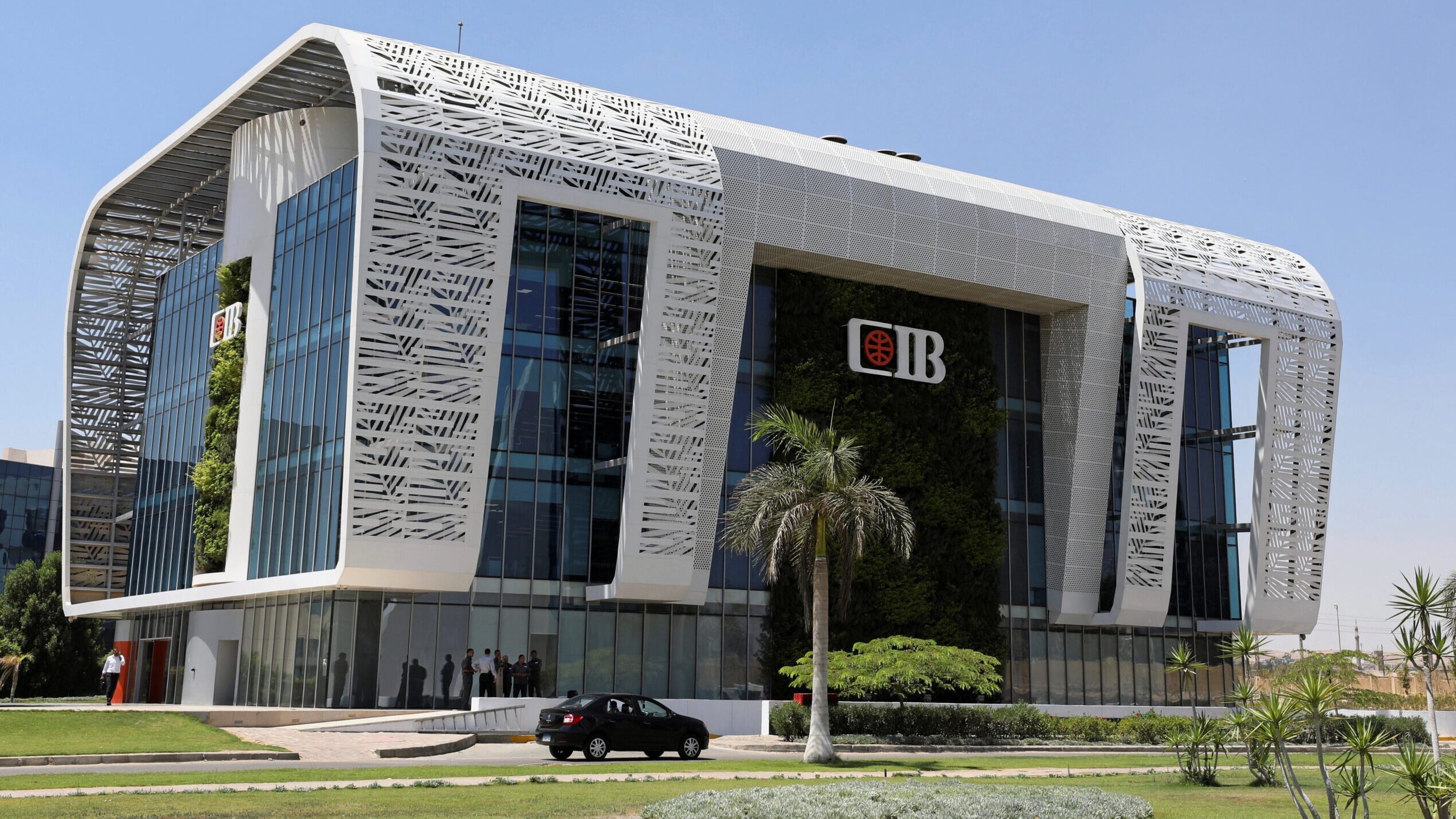The European Union (EU) has decided to remove Morocco from the “grey list” of non-cooperative third countries. The decision recognizes Morocco’s efforts to comply with international tax governance standards.
The gray list refers to countries that have committed to compliance with the European Commission’s criteria for transparency, fair tax competition, and base erosion and profit shifting (BEPS) implementation.
A spokesperson for the EU confirmed the news to Morocco’s state media.
The spokesperson said Morocco complies with all international standards, allowing it to be included in the restricted and coveted club of countries that have demonstrated positive developments in their tax practices.
“Since 2018, Morocco has engaged in actions aimed at ensuring the compliance of its tax system with the global principles of transparency and fair taxation as included in the criteria of the EU list,” the spokesperson said.
The EU official also recalled Morocco’s reforms, especially the recent amendments to the tax regime of Casablanca Finance City to make it in line with the principles of fair tax competition.
The North African country has adopted a new law governing the activities of the Casablanca Finance City. The reform is meant to improve the city’s scores on transparency and drive up attentiveness for companies eligible for obtaining specific status in Morocco’s financial center.
Through its Commission, the European Union expressed satisfaction with Morocco’s tax reforms efforts.
In February 2020, the commission expressed appreciation for Morocco’s efforts to eliminate persisting contradictions between international standards and the Moroccan tax system, said Palo Gentiloni, the EU Commissioner for the Economy.
The EU official also welcomed Morocco’s reforms in the 2020 appropriation bill, which amend three preferential tax regimes that the EU considered harmful.
The EU had been awaiting the finalization of the Organisation for Economic Co-operation and Development (OECD) assessment of the Casablanca Finance City tax system to pull out Morocco from the gray list.
The European Commission proposed the EU list of non-cooperative third countries in January 2016.
The member states of the EU adopted the first list in December 2017.
Since the adoption of the first list, “many countries have taken concrete measures to comply with tax and good governance standards,” the EU Commission said.
The U list seeks to improve good governance globally to ensure that EU’s partners respect the same standards as EU Member States.
The EU ensures screening and dialogue processes with non-EU countries before removing or including a country.
The criteria includes transparency and fair taxation to conclude its assessment.
“The EU listing process also had a very positive impact as most jurisdictions engaged constructively with the EU during the listing process,” the European Commission said.
SOURCE: Morocco World News

Ethiopia has cleared the way for Safaricom to introduce M-Pesa in the market of 110 million people after deciding to include the ...

Egyptian largest private sector bank by assets Commercial International Bank (CIB) is seeking to acquire more banks to strengthen ...

The European Investment Bank and International Solar Alliance have published a study outlining access solutions to overcome key ...

Kenya has been ranked the top country in the world in reducing population with no access to electricity, pointing to the impact ...